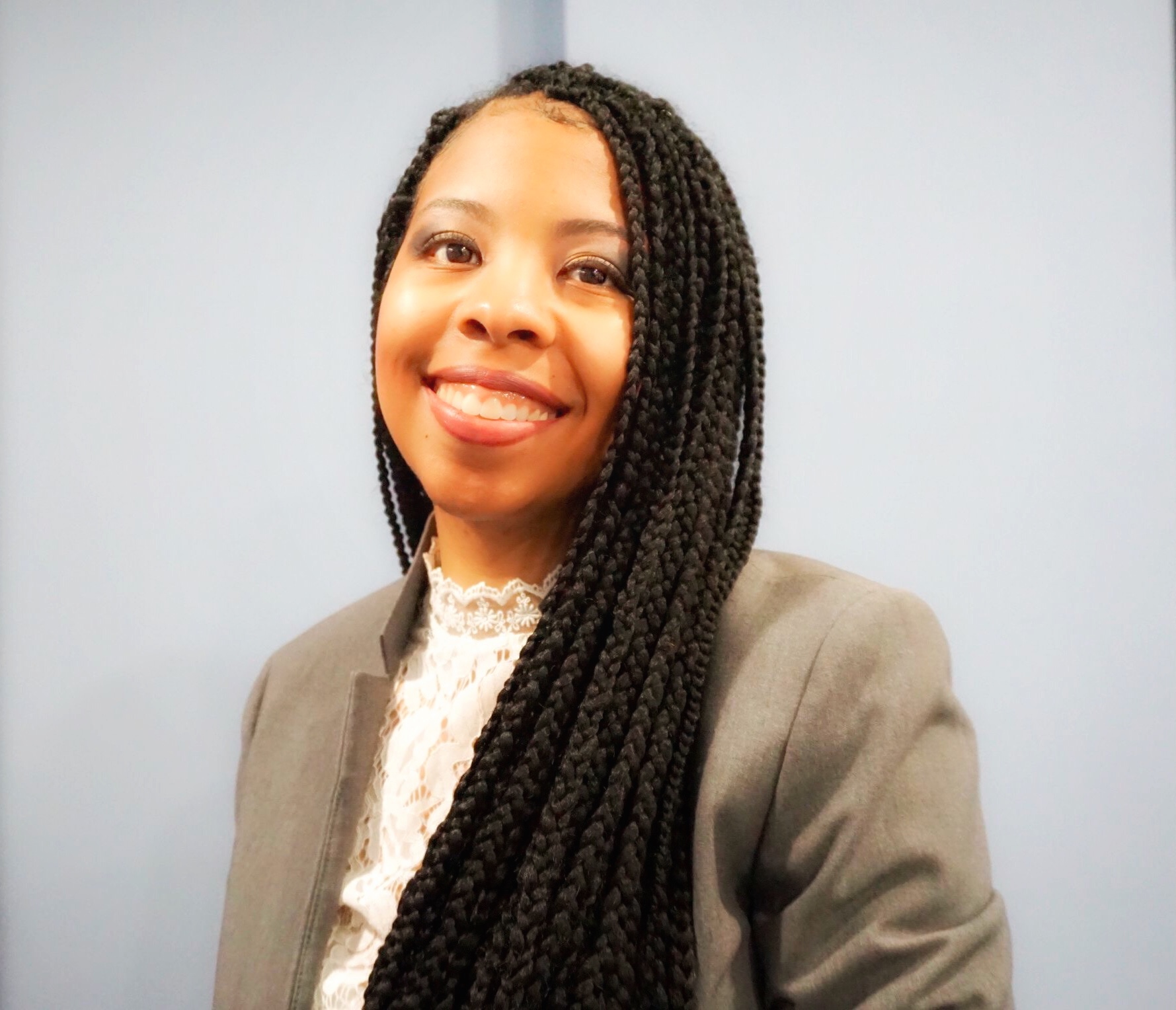Alumni Profile: Nadège Tandoh ‘12 Helps Survivors Find their Voice
10/9/2025


When Nadège Tandoh stepped into a lecture hall as an undergraduate English major, law school wasn’t even on her radar.
“I wasn’t the ‘wanted to be a lawyer since I was two’ type,” she laughed. “Law school didn’t even cross my mind until junior year.”
That changed during a required course that explored labor injustices throughout history. One day, her professor held up a book and told the class, “Ten percent of you are going to law school because you read things like this.” For Tandoh, who earned her law degree in 2012, it was a moment of clarity.
“That was it,” she said. “It answered my question: Who helps these people?”
That question became the compass for her career. Today, Tandoh is a supervising attorney at Women Against Abuse, where she represents survivors of intimate partner violence in Philadelphia seeking protection from abuse. Her path to this role was shaped not only by her undergraduate awakening, but by her time at Delaware Law School.
While at Delaware Law, Tandoh secured a scholarship and found a community that surpassed her expectations.
“Widener was intentional about diversifying the incoming class,” Tandoh explained. “We were the largest class of Black students at the time—just twelve of us—but it felt like an explosion.”
The school’s location also struck the right balance: close enough to family in the tri-state area for support, yet distant enough to create space for focus and growth.
Delaware Law offered more than a sense of belonging, it provided the kind of hands-on experience that would shape Tandoh’s approach to law. Immersed in the bankruptcy and family law clinics, she found herself not just practicing legal skills but connecting deeply with the people behind the cases. While some law students might struggle with the emotional weight of client interaction, she found herself drawn to it. Working with individuals living below the poverty line didn’t intimidate her—it affirmed her instinct to listen, support, and advocate with compassion.
That comfort and commitment now define her daily work. As a supervising attorney, Tandoh balances her own caseload with mentoring newer lawyers, advising on everything from custody and support to protection-from-abuse orders. But her role goes far beyond courtroom strategy.
“Representing survivors is often about safety planning,” she said. “Sometimes the best plan is not going to court. And unfortunately, not everyone in the judiciary understands that.”
The emotional toll of family law is real. Tandoh describes moments of deep connection referencing clients who say, “I trust you with everything,” or ask for a hug after court. “That trust is priceless,” she says. “Especially for survivors whose trust has been betrayed.”
But there are also challenges. “I get cussed out often,” she admitted. “We’re dealing with trauma, poverty, mental health. People behave in ways that, if you’re not trauma-informed, you might take personally.”
To stay grounded, Tandoh sets firm boundaries. She doesn’t share her personal life with clients and never gives out her cell phone number. She also prioritizes self-care, including regular vacations. “The hardest work is before and after vacation,” she said. “Because if you’re still checking emails, that’s not vacation.” By protecting her boundaries, Tandoh ensures she can show up fully for her clients, her team, and herself.
Her journey from a curious English major to a dedicated advocate for survivors is a reminder that purpose often reveals itself in unexpected ways. For students considering Widener, Tandoh’s story offers proof that the right environment, the right mentors, and the right opportunities can turn questions into convictions, and convictions into careers that change lives.
“I never wanted to go into family law,” she said. “But here I am—doing work that matters, every single day.”
And for Tandoh, that work is never about speaking for survivors—it’s about making sure they’re heard.
“Survivors have their own voice,” she said. “It’s sometimes helping amplify it, but they have their own voice.” In a field that often overlooks the humanity behind the cases, Tandoh is helping redefine what advocacy looks like: grounded in empathy, guided by purpose, and led by those who’ve lived the story.
